Meditation isn’t just a wellness trend; it’s a powerful tool to elevate your work and creativity. By calming the mind and building mental resilience, it opens the door to sharper ideas, greater productivity, and lasting success. Studies show that just a few minutes of Meditation for Creativity can lead to increased innovative thinking and improved focus.
It is more than just a practice for relaxation; Meditation for Creativity is a powerful tool that can significantly enhance both creativity and productivity. Studies show that just a few minutes of mindfulness can lead to increased innovative thinking and improved focus.
By fostering a calm mind, individuals can unlock new ideas and overcome creative blocks that often stifle progress. This ability to boost creativity and sharpen concentration stands out as a valuable advantage for both personal and professional growth.
Professionals across different industries are now adopting Mindfulness Exercises for Beginners to manage stress and boost productivity. When the mind is calm and clear, creative ideas tend to flow more freely, leading to breakthrough solutions. This not only aids in productivity but also demonstrates the deep benefits of meditation for mental health, supporting personal and professional growth alike.
The benefits extend beyond mere productivity boosts; they also contribute to a healthier mindset. By practicing Meditation for Creativity regularly, one can cultivate resilience against stress and build a powerful foundation for creativity. Exploring simple practices can further enhance this, making it easier to integrate mindfulness into daily life. This may be the change that many individuals need to thrive both personally and professionally.
Key Takeaways
- Meditation for Creativity helps unleash innovative ideas by calming the mind and reducing stress.
- Regular practices can enhance focus and improve productivity.
- A healthy mindset developed through consistent practices supports ongoing creative growth and offers numerous benefits for overall mental health.
Understanding Meditation and Its Core Principles
It is a practice that involves focused attention and a calm awareness of the present moment. Core principles of these practices include mindfulness and the significant role of breath, both of which contribute to enhancing Meditation for Creativity.
Practicing Mindfulness Exercises for Beginners can help you explore the fundamentals while gradually unlocking the deeper benefits of meditation for mental health.
How Meditation Enhances Creativity and Productivity
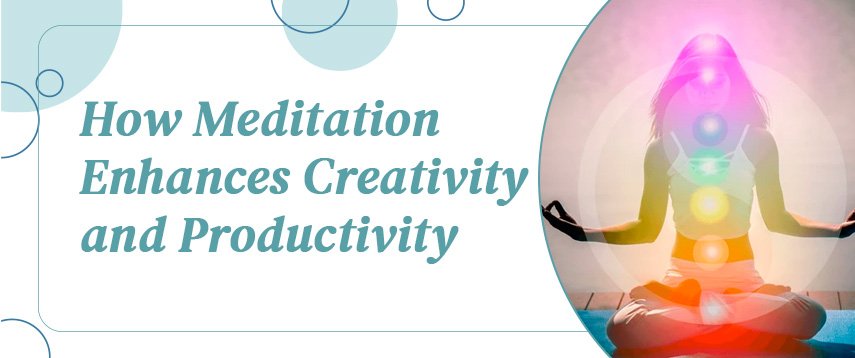
After neuroscientists saw images of Albert Einstein’s brain, they were astounded to find his corpus callosum to be exceptionally thick and brawny—the “bridge” which facilitates creativity. Practicing Meditation for Creativity can also strengthen your own “bridge,” tapping into its full creative potential.
Studies have demonstrated that short-term practices increase as measured by divergent thinking tasks and improve emotional regulation. These insights highlight the incredible benefits for mental health.
1. Reduces Stress and Anxiety
Establishing a more relaxed mental state is essential for enhancing both creativity and productivity. Stress and anxiety can cloud your thinking, making it harder to generate new ideas or stay focused at work. That’s why finding effective methods to calm the mind is so important. One powerful solution is to meditate, as it helps relax both the body and mind, allowing you to fully concentrate on the task at hand.
Research shows that regular practice can significantly reduce anxiety and improve your ability to manage stress. In one study, individuals who practised were able to recover more quickly from an emotional hijack, a state where the amygdala overrides rational thought, compared to those who did not meditate. This clearly highlights the benefits of meditation for mental health. This suggests that consistent practice builds emotional resilience, enabling calmer responses in future stressful situations.
Consistent Meditation for Creativity practice works much like physical exercise for the brain, strengthening mental resilience, focus, and clarity. A widely used technique involves gently acknowledging distracting thoughts as they arise, then redirecting attention back to the breath. This repeated act of awareness and redirection builds self-awareness and mental toughness, which are essential traits in creative problem-solving and navigating life’s challenges.
If you’re just getting started, mindfulness exercises for beginners are a great way to ease into the practice. Begin by choosing a quiet space where you can sit comfortably, on a chair, cushion, or even your bed. When anxious thoughts arise, simply acknowledge them without judgment and gently shift your focus back to deep, rhythmic breathing.
Over time, this process helps ground the mind and body, paving the way for greater inner calm, clarity, and sustained focus while also highlighting the benefits of meditation for mental health.
2. Increases Focus and Clarity
Meditation for Creativity and productivity helps cultivate focus and clarity by training your mind to dive deeper into thoughts while reducing mental distractions. This enhanced concentration not only allows you to better understand and overcome creative blocks but also opens the door to innovative ideas and solutions. Whether you’re working on a project or solving complex problems, regular practice can help unlock your full creative potential.
Regular practice can also help calm your stress response, which can inhibit free thinking and creativity. Studies have revealed that those who regularly practice Meditation for Creativity can control the amygdala – the part of the brain responsible for reacting negatively in stressful situations – allowing them to handle pressure-filled meetings or difficult clients without succumbing to negative emotional reactions that stifle creative potential. Incorporating Simple Meditation Techniques into your daily routine can make this process easier and more effective, helping you unlock your creative abilities with greater ease.
Meditation can also improve memory. This can be especially helpful for students studying for exams or working in high-stress environments, and the key is developing a consistent practice that builds focus and concentration over time. Begin with shorter duration sessions like five minutes, then gradually extend these to longer sessions as your practice develops, further emphasizing the benefits of meditation for mental health.
An ideal environment for Meditation for Creativity is a quiet space where no interruptions exist. Sit or lie comfortably and close your eyes, focusing on the sensation of your breath as you slowly inhale and exhale, paying attention to its flow in and out. Deep breathing stimulates diaphragmatic muscles between chest and belly which allow more expansive lung spaces; giving more full and calmer breathing experiences.
Setting an intention when meditating to spur creativity requires setting an intention that meets your productivity goals at the start of each benefits of meditation for mental health.session, giving it purpose and keeping you focused throughout. Many find it helpful to set this intention first thing in the morning or during midday breaks for a productive and recharging meditation experience.
As you start meditating, your mind may wander at times. When this occurs, simply acknowledge any distracting thoughts or emotions and return your focus back onto breathing. Another option for handling such distractions is “noting,” wherein you simply observe any distracting thought or emotion without judgment or evaluation, which also highlights the Meditation for Creativity
3. Reduces Distractions
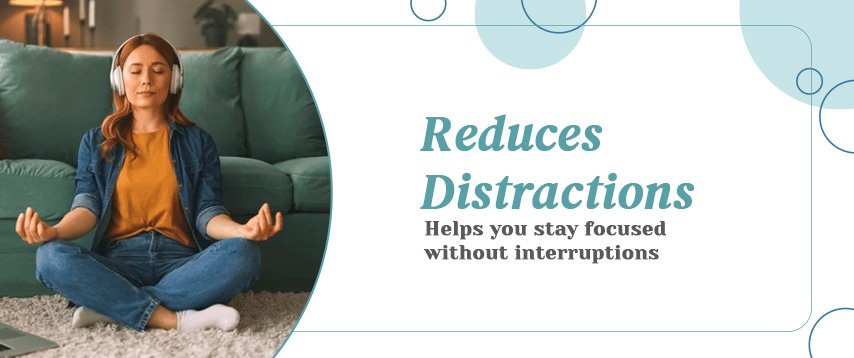
Meditation for Creativity often asks you to concentrate on your breath and let go of distractions, yet it’s normal for the mind to wander and generate its own stream of thoughts. Instead of resisting these thoughts, try compassionately acknowledging them and gently guiding your attention back to what you’re meditating upon, such as your breath or bodily sensations.
Over time, mindfulness exercises for beginners like this can help you build a healthier relationship with those distractions, making them feel less like interruptions and more like stepping stones. This gentle redirection not only supports your practice but also enhances it by promoting patience and emotional regulation, further showing the benefits of meditation for mental health.
In fact, meditation for creativity is increasingly being studied, with research showing that open-monitoring styles of meditation improve divergent thinking—an essential skill in the creative process. Additionally, meditation reduces mental rigidity, encouraging more fluid and adaptive thinking.
One helpful strategy during mindfulness exercises for beginners is using a mantra, repeating a calming sound or meaningful phrase to anchor your focus. Whether it’s a breathing sound or a word that resonates with you, a mantra can keep your attention grounded, especially when sitting still feels challenging.
For those who find traditional sitting practices difficult, movement-based meditation practices like yoga or tai chi can be incredibly effective. These dynamic forms of Meditation for Creativity don’t require long time commitments but still offer powerful benefits of meditation for mental health, including improved focus and reduced stress.
Ultimately, consistent meditation—even just a few minutes daily—can train your mind to stay present and aware. With time, this practice enhances your ability to think clearly and creatively, helping you tap into deeper intuitive insights and unlock your full creative potential.
4. Reduces Self-Judgement
Mindfulness helps us recognize and accept our emotions as they occur, without being overwhelmed by them. By being less emotionally reactive, we become more capable of making objective judgments. This enhanced emotional regulation allows us to better detect and manage distractions, avoiding the trap of self-judgment, a common barrier to creativity. Practicing mindfulness enables a calm and centered mindset, making it easier to engage in Meditation for Creativity and unlock new levels of thought.
Scientific studies support that meditation enhances the pre-frontal cortex, an area of the brain responsible for memory, focus, planning, decision-making, and higher-order thinking. This directly contributes to improved cognitive function and supports Meditation for Productivity. When individuals engage in Meditation for Creativity practices that involve non-judgmental observation—such as noticing thoughts without reacting or criticizing—the brain becomes more flexible and creative. These practices are particularly effective in fostering innovative thinking and mental clarity.
It’s important to note that different meditation practices yield different effects on creativity and mood. Some techniques focus on calming the mind, while others stimulate intuitive thinking. One notable study found that Integrative Body-Mind Training (IBMT) for just 30 minutes a day over seven days significantly boosted performance on the Torrance Tests of Creative Thinking. Participants also reported better emotional regulation compared to those in the relaxation training group.
Another research study showed that individuals who meditated before a brainstorming session produced more unique and original ideas than those who didn’t meditate. This is likely due to meditation’s ability to reduce cognitive rigidity—helping the mind tap into subconscious and intuitive processes essential for creative thinking. Such findings affirm the immense meditation benefits for mental health, including increased adaptability, emotional balance, and openness to novel ideas.
The impact of meditation on creative performance has been recognized by major global corporations. Disney, for instance, uses mindfulness sessions to encourage innovative thinking among employees. Similarly, Google introduced a program called “Search Inside Yourself” to foster mindfulness and mental wellness. Insurance giant Aetna credits its mindfulness training programs for reducing employee stress and enhancing workplace productivity.
If you’re new to meditation, start small. Just 10 minutes of daily practice can begin to reshape your thinking patterns and increase your creative potential. There are countless online resources, including free guided sessions specifically focused on meditation and productivity. Alternatively, consider joining a local class that specializes in practices aimed at improving both mental health and cognitive performance.
🧘♀️ Experience It Yourself
Now that you’ve explored how Meditation for Creativity boosts creativity and productivity, try this short 12-minute guided meditation designed to quiet the mind, reduce distractions, and unlock creative flow:
📺 Watch: Guided Meditation for Creativity – The Honest Guys
This relaxing session aligns with everything we’ve discussed so far — and is a great way to begin putting the principles of mindful focus and creative thinking into action.
Frequently Asked Questions
-
How does Meditation for Creativity enhance your innovative thinking and unlock new ideas?
By calming the mind, meditation allows intuitive ideas to flow freely and encourages innovative thinking while supporting mental health.
-
Can meditation improve productivity?
Yes, consistent practice enhances focus, clarity, and memory, leading to improved productivity.
-
What types of meditation are best for creativity and how they support the benefits of meditation for mental health?
Open-monitoring, loving-kindness, and mindfulness exercises for beginners are highly effective for enhancing creativity and supporting mental health.
-
How does Meditation for Creativity reduce stress and boost innovative thinking?
By relaxing the nervous system, this practice promotes innovation, emotional balance, and resilience—further demonstrating the benefits for mental health.
-
Can meditation reduce distractions at work while supporting the benefits of meditation for mental health?
Absolutely. Regular Meditation for Creativity practice strengthens attention and minimizes mental noise, helping you stay focused.
-
Does meditation reduce self-judgment?
Yes, it reduces self-criticism, allowing openness to new ideas and greater creative flow.
-
How long should I meditate to see benefits?
Even 10 minutes a day can yield significant results, further demonstrating the benefits of meditation for mental health.
-
Can businesses benefit from meditation?
Yes, many organizations integrate Meditation for Creativity programs to encourage innovation and employee well-being.
-
How long should I meditate to see benefits in creativity and productivity?
Even 10 minutes a day can yield noticeable results, enhancing both productivity and creativity while highlighting the benefits of meditation for mental health.
-
Can mindfulness meditation benefit corporate environments?
Yes, organizations worldwide use Meditation for Creativity programs to support well-being, innovation, and workplace success.
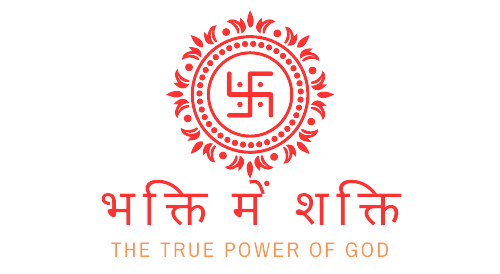
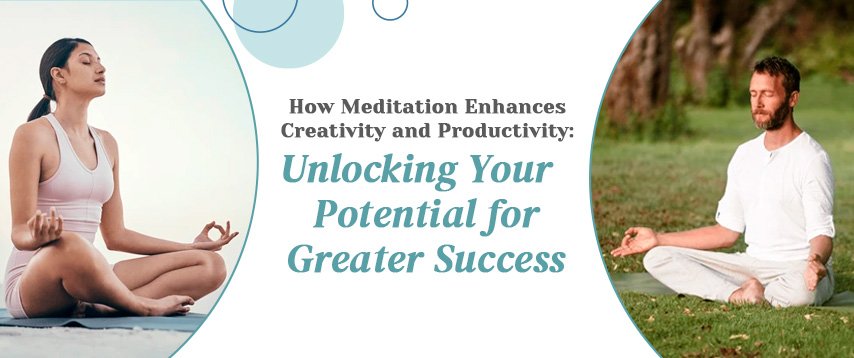
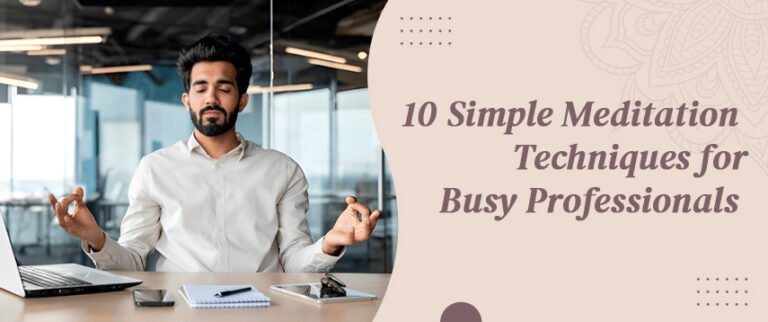
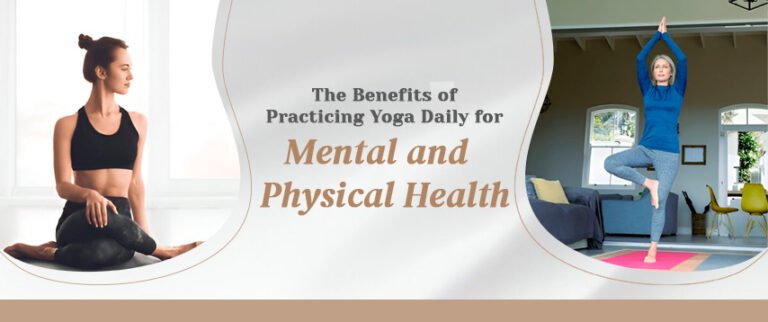
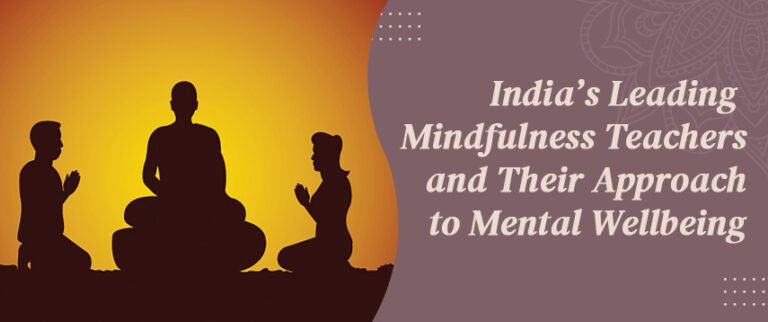
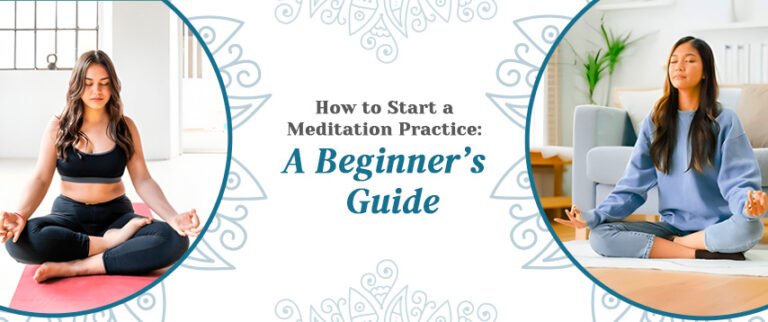
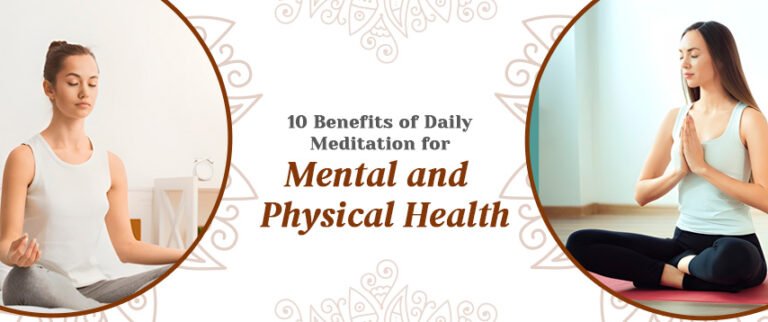
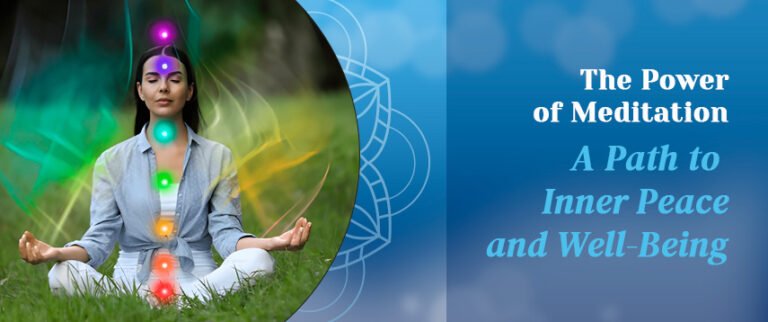
4 Comments
Pingback: सजग जीवन: जागरूकता और माइंडफुलनेस अभ्यास से तनाव कम करें।
Pingback: ध्यान की शक्ति – आंतरिक शांति और सुख का मार्ग
Pingback: Boost Your Real Estate Business: Vastu Tips for Property Dealers
Pingback: 20 Proven Vastu Remedies for Real Estate Growth and Succes